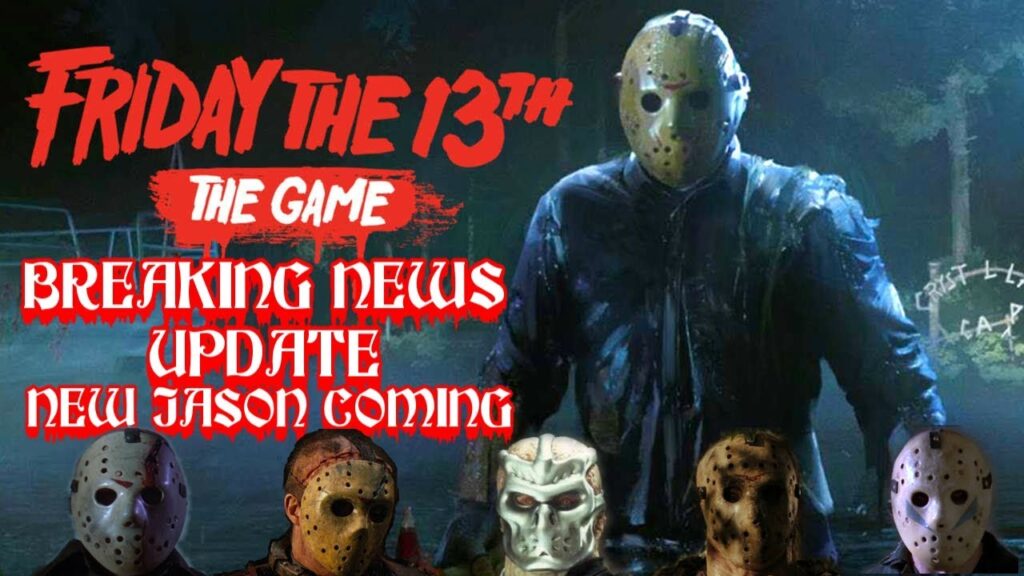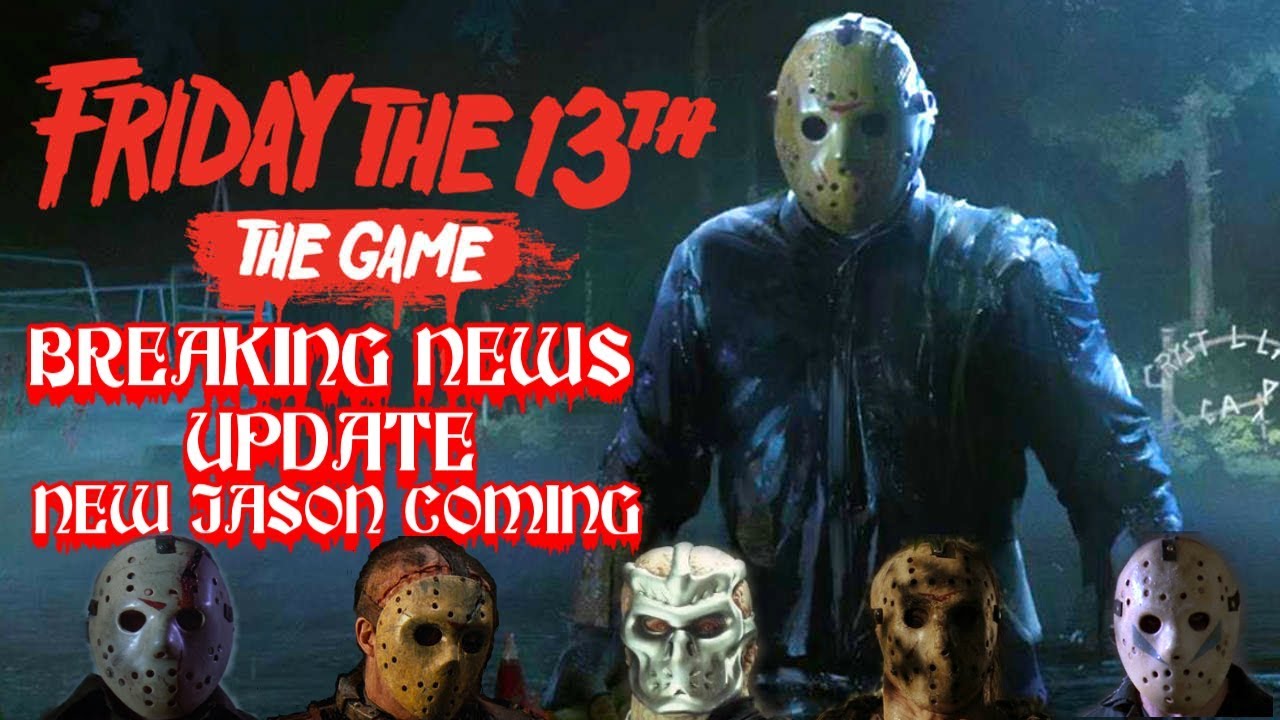
Friday the 13th, 2025: Unraveling the Superstition and the Date
Are you curious about Friday the 13th in 2025? Does the date hold any particular significance, and should you be wary of bad luck? This comprehensive guide will delve into the history, superstition, and practical realities of Friday the 13th, 2025, providing you with a clear understanding and dispelling common myths. We’ll examine the roots of the superstition, explore its cultural impact, and offer insights into how to approach this date with a balanced perspective. Whether you’re superstitious or simply curious, this article will equip you with the knowledge you need to navigate Friday the 13th, 2025, and beyond.
Understanding the Superstition Behind Friday the 13th
The superstition surrounding Friday the 13th is a complex blend of historical events, religious beliefs, and cultural anxieties. To fully appreciate its staying power, we need to understand its origins and evolution.
The Biblical Connection
Some believe the superstition stems from the Last Supper, where 13 individuals were present, including Jesus and his 12 apostles. Judas Iscariot, the apostle who betrayed Jesus, is often associated with the number 13. This association has led some to view 13 as an unlucky number in Christian tradition.
Friday’s Unfortunate Reputation
Friday itself has historically been considered an unlucky day in some cultures. In Christianity, Friday is the day Jesus was crucified, further contributing to its negative connotations. In other cultures, Friday was associated with hangings or other unfortunate events.
The Combination of Friday and 13
The specific combination of Friday and the 13th is a relatively modern phenomenon. While both Friday and 13 had negative associations individually, their convergence amplified the superstition. The exact origins of this combination are debated, but it gained significant traction in the 20th century.
Psychological Factors
The power of suggestion plays a significant role in perpetuating the Friday the 13th superstition. When people expect bad luck, they may be more likely to notice or interpret events negatively, reinforcing their belief. This phenomenon is known as confirmation bias.
Cultural Impact
Friday the 13th has become deeply ingrained in popular culture, inspiring countless horror movies, books, and urban legends. This widespread exposure has further solidified the superstition in the collective consciousness.
Friday the 13th in 2025: Dates and Calendar Analysis
Let’s get down to the specifics: when does Friday the 13th occur in 2025? Understanding the calendar is crucial for planning and managing expectations, whether you’re superstitious or not.
Identifying Friday the 13th Dates in 2025
In 2025, Friday the 13th falls on:
* **June 13th, 2025**
Knowing these dates allows you to prepare accordingly, whether that means taking extra precautions or simply being aware of the potential for increased anxiety.
Calendar Patterns and Frequency
Friday the 13th occurs at least once every year, but it can happen as many as three times. The specific months in which it falls vary from year to year, depending on the calendar alignment. Understanding these patterns can help demystify the phenomenon and reduce anxiety associated with it.
Debunking the Myth of Increased Accidents
Despite the widespread superstition, there is little evidence to suggest that Friday the 13th is actually associated with an increase in accidents or other negative events. Studies have shown no statistically significant correlation between the date and adverse outcomes. In fact, some studies suggest that people may be more cautious on Friday the 13th, leading to a decrease in accidents.
How to Manage Anxiety and Superstition on Friday the 13th, 2025
For those who experience anxiety or discomfort on Friday the 13th, there are several strategies you can use to manage your feelings and maintain a sense of calm.
Cognitive Reframing
Cognitive reframing involves challenging negative thoughts and replacing them with more positive or realistic ones. For example, instead of thinking, “Something bad is going to happen today,” you can reframe your thinking to, “Friday the 13th is just another day, and I have the power to make it a good one.”
Mindfulness and Relaxation Techniques
Practicing mindfulness and relaxation techniques can help you stay grounded in the present moment and reduce anxiety. Deep breathing exercises, meditation, and yoga can all be effective in calming your nerves.
Distraction and Engagement
Engaging in enjoyable activities can help distract you from negative thoughts and feelings. Spend time with loved ones, pursue a hobby, or watch a funny movie. The key is to focus on something that brings you joy and helps you relax.
Rational Analysis
Remind yourself that the superstition surrounding Friday the 13th is not based on scientific evidence. Analyze the situation rationally and challenge any irrational fears or beliefs.
Seeking Support
If your anxiety is severe or persistent, consider seeking support from a therapist or counselor. They can provide you with tools and strategies to manage your anxiety and improve your overall well-being.
The Cultural Impact of Friday the 13th: Horror Movies and Beyond
Friday the 13th has had a profound impact on popular culture, particularly in the realm of horror movies. The iconic film franchise has shaped the way many people view the date and has contributed to its enduring mystique.
The Friday the 13th Film Franchise
The Friday the 13th movie franchise, featuring the masked killer Jason Voorhees, has become a cultural phenomenon. The films have grossed hundreds of millions of dollars and have spawned numerous sequels, spin-offs, and merchandise. Jason Voorhees has become a recognizable figure in popular culture, synonymous with horror and suspense.
Other Cultural References
Friday the 13th has been referenced in countless other movies, books, television shows, and video games. The date has become a shorthand for bad luck and misfortune, often used to create tension or suspense in storytelling.
The Commercialization of Superstition
Many businesses capitalize on the Friday the 13th superstition by offering special deals or promotions. This commercialization further reinforces the date’s association with bad luck, but it also provides an opportunity for humor and lightheartedness.
LSI Keywords and Semantic SEO: Enhancing Relevance
To ensure this article resonates with search engines and provides comprehensive value, we’ve integrated several LSI keywords and semantic SEO strategies.
Integrating Related Terms
Throughout this article, you’ll find terms such as: “paraskevidekatriaphobia,” “superstition origins,” “calendar patterns,” “managing anxiety,” “horror movies,” “Jason Voorhees,” “unlucky days,” “historical beliefs,” “cultural impact,” “cognitive reframing,” “mindfulness techniques,” “rational analysis,” “commercialization of superstition,” “Friday the 13th superstitions,” “bad luck omens,” “2025 calendar,” “fear of Friday the 13th”, “Friday the 13th history”, “Friday the 13th meaning”, “Friday the 13th origin”, “Friday the 13th facts” and “Friday the 13th 2025 dates”. These terms enhance the article’s relevance and help search engines understand its context.
Semantic SEO Strategies
We’ve employed semantic SEO strategies by focusing on user intent and providing comprehensive answers to common questions related to Friday the 13th. This approach ensures that the article is not only informative but also engaging and valuable to readers.
Expert Perspectives on the Friday the 13th Phenomenon
To provide a balanced and authoritative perspective, let’s consider the views of experts in various fields, including psychology, history, and cultural studies.
Psychological Insights
Psychologists often attribute the Friday the 13th superstition to cognitive biases and the power of suggestion. They emphasize the importance of rational thinking and cognitive reframing in managing anxiety associated with the date. According to leading psychologists, understanding the psychological roots of superstition can help individuals overcome their fears and anxieties.
Historical Analysis
Historians trace the origins of the Friday the 13th superstition to a complex interplay of historical events, religious beliefs, and cultural anxieties. They emphasize the importance of understanding the historical context in which the superstition arose. Historical analysis reveals that the superstition is a relatively modern phenomenon, with its roots in the 20th century.
Cultural Studies
Cultural studies scholars examine the cultural impact of Friday the 13th, particularly its representation in popular culture. They analyze how the date has been commercialized and how it contributes to our understanding of fear and superstition. Cultural studies highlight the role of media in shaping our perceptions of Friday the 13th.
Q&A: Addressing Common Concerns About Friday the 13th, 2025
Here are some common questions and expert answers about Friday the 13th, 2025:
- Is Friday the 13th actually unlucky?
No, there is no scientific evidence to support the belief that Friday the 13th is unlucky. The superstition is based on historical and cultural factors, not empirical data.
- What is paraskevidekatriaphobia?
Paraskevidekatriaphobia is the fear of Friday the 13th. It’s a specific phobia that can cause significant anxiety and distress for those who experience it.
- How can I manage my anxiety on Friday the 13th?
You can manage your anxiety by practicing cognitive reframing, mindfulness techniques, and distraction. If your anxiety is severe, consider seeking professional help.
- What are the origins of the Friday the 13th superstition?
The origins are complex, involving biblical connections, Friday’s unfortunate reputation, and the combination of Friday and 13 in the 20th century.
- Are there any cultures that don’t consider Friday the 13th unlucky?
Yes, in some cultures, other days are considered unlucky. For example, in Italy, Friday the 17th is considered unlucky.
- How has Friday the 13th been portrayed in movies?
Friday the 13th has been portrayed as a day of horror and suspense, particularly in the Friday the 13th film franchise, featuring the iconic killer Jason Voorhees.
- Does Friday the 13th occur every year?
Yes, Friday the 13th occurs at least once every year, and it can happen as many as three times.
- What is the best way to approach Friday the 13th?
The best way to approach Friday the 13th is with a balanced perspective. Recognize that the superstition is not based on scientific evidence and focus on enjoying the day.
- Are there any positive aspects to Friday the 13th?
Some people view Friday the 13th as an opportunity to challenge superstitions and embrace the unknown. It can also be a day to celebrate humor and lightheartedness.
- What can I do if someone I know is very superstitious about Friday the 13th?
Be understanding and supportive. Encourage them to challenge their negative thoughts and engage in activities that bring them joy. Offer reassurance and remind them that the superstition is not based on reality.
Conclusion: Embracing the Day – Friday the 13th, 2025
Friday the 13th, 2025, presents an opportunity to confront and perhaps even overcome unfounded fears. By understanding the historical, psychological, and cultural roots of the superstition, we can approach the day with a more informed and balanced perspective. Remember, there’s no empirical evidence to suggest that Friday the 13th is any more unlucky than any other day. Embrace the day, challenge your superstitions, and focus on creating positive experiences. Share your thoughts and experiences with Friday the 13th in the comments below!

